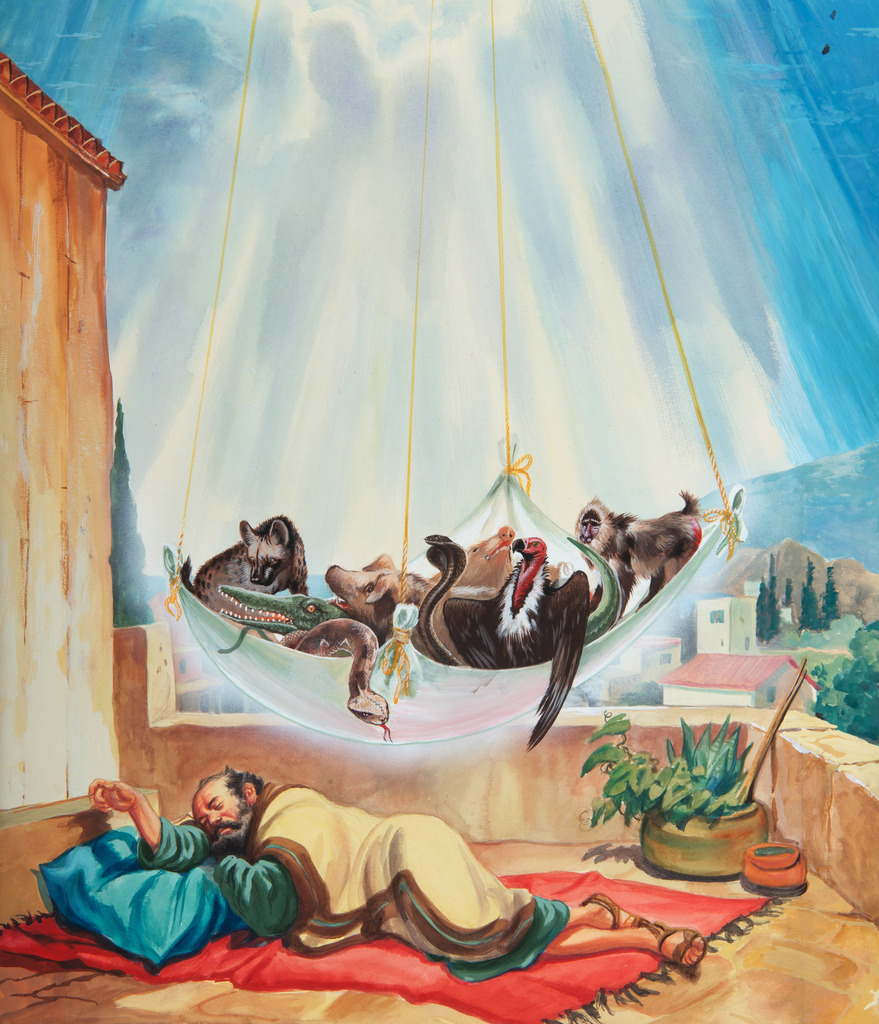“The Gospel takes away our right forever, to discriminate
between the deserving and the undeserving poor.”
-Dorothy Day
Thomas wrote a book. It was the
first thing had ever written. I don’t think he finished high school. The book
is an alternate telling of the fall of man and the creation of a new earth. It
has many biblical elements, but the world is redeemed by beauty (yeah, the
physical kind) instead of grace. He grew up with no mother and a Pentecostal
father whose favorite verse was Proverbs 13:24. They couldn’t match his high
aptitude test scores with his behavior: getting kicked out of schools,
fighting, and using drugs. Not understanding he had an undiagnosed mental
illness and was being sexually abused by an uncle in secret, his family saw his
behavior as selfish and uncontrollable rather than desperate. To a family
living below the poverty line with five other mouths to feed, he was a problem,
not a troubled child. Kicked out before he could even finish his graduate equivalency program, he had to
make it on his own.
Self-medicated and unaware that his
‘flights’ were treatable, he burned bridge after bridge until he wound up
drunk-driving into a young girl’s car in a snow storm. Ending up in prison
allowed him a modicum of medical treatment; they quickly diagnosed his
bipolarity and psychosis. As the years of liquor and ‘spice’ left his veins and
the medication kicked in, a clarity bloomed in his mind he hadn’t known for a
long time. That’s when the pen hit the page and he put his solitude to use.
After his time was finished, he
struggled to adjust to the new world and the freedom. He was homeless on and
off still fighting with his alcoholism, drug use, and mental illness. In one of
his moves, he lost the manuscript and it crushed him. That’s when he really
lost the little control he had had and ended up at our place. He lived with us
for a time at the Catholic Worker but we eventually kicked him out after some
explosive nights of drinking. We told ourselves we couldn’t help him but maybe
we just passed the buck. A year passed, and I heard from him in spurts when he
needed gas or a friend to talk to. I ran into him yesterday at the Beacon: the new homeless day shelter. He
was too broke to buy booze, but he had found his book and was writing again. He
told me that he just wanted to “make something beautiful” before he died.
Despite his desire to give back, Thomas’
story is tragic but unfortunately typical of those I have met out on the
street. Having lived a privileged life, it can be hard to empathize with the
suffering of those who are homeless and addicts. It is even more difficult to
sympathize with their self-destruction and greater still is the challenge to
actively love and serve them amidst all the confusion. As a Christian, I feel
called to do these things but I fail. That is why I love Dorothy Day; she teaches
us to serve the “undeserving poor.”
I wish I could say Dorothy Day
inspires me but the truth is, she haunts me. She started at 20 years old living
on her own as a journalist in NYC in the 1910’s and rubbed elbows with some of
the most famous writers, poets, and activists of the era before she even
founded the Catholic Worker. She had gotten arrested, beaten, and received a
presidential for defending women’s right to vote, all before the age of 25. She
protested against injustice, violence, and greed throughout her life, always
trying to get closer to that radical edge. She invited those without homes and
without merit into her own dwelling and, with the help of Peter Maurin, fostered
the growth of the Catholic Worker movement. She wrote and edited for the Catholic Worker newspaper for over 40
years. Her bold prose, direct action, and dedication to the poor seem to push
us out of complacency and into action.
That
saint smoking a cigarette, that was my first memory of Dorothy Day. The
palimpsest of history can smooth out the rough edges of the men and women we
now call saints in almost inhuman ways but Day lived too close to the present and
too close to the edge society to be reimagined as anything other than human.
Her granddaughter, Kate Hennessy, recently published The World Will Be Saved by Beauty. The biography explores the different
faces of Day: writer, bohemian, convert,
radical, Catholic Worker, and mother. The narrative is vivid, self-conscious,
at times painfully intimate, and always challenging.
This Thursday starting at 10:00 am, Hennessy will be
speaking in the Anderson Auditorium at Edgewood College (No admission fee), sharing
some of that gritty beauty of Dorothy Day’s life. Come join us!






